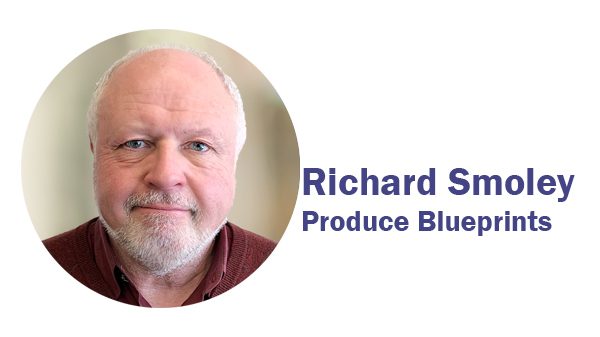Fairness may be more crucial to your bottom line than you think.
My father had his first heart attack the day before he was supposed to retire. I don’t remember how I got the news, but I remember ruminating about it while walking through the courtyard of the abominable concrete dorm where I was living sophomore year.
Obscurely I knew that there was some connection between his retirement and his heart attack, but 43 years ago, there wasn’t much further to go along those lines.
Today I can read this comment by Kelli Harding, a professor of psychiatry at Columbia University Medical Center: “The strongest predictor of a man’s death from heart disease isn’t cholesterol or blood pressure. It’s his job.” (Sometimes, perhaps, not having a job anymore.) “Everyone knows it’s important to have a good doctor, but it’s also important to have a good manager and to give people the skills that they need to be good managers.”
These days the American workplace faces intense tension. On the one hand, more and more management specialists, like Harding, are telling us that human values like kindness are extremely important not only to employee satisfaction but to performance. (The quote, by the way, comes from a newsletter from the Wharton School of Business )
On the other hand, there is the relentless demand of an increasingly intricate chain of work. Processes are becoming more complex. The logical response is to do what the master of management theory, Frederick Taylor, prescribed over a century ago: break tasks down to the simplest elements possible and assign each one to a specific worker. This applies whether you are harvesting apples or stuffing books into a box at an Amazon warehouse.
You can see the dilemma here. As the management website MindTools points out, “The extreme specialization that Taylorism promotes is contrary to modern ideals of how to provide a motivating and satisfying workplace”.
So how much should managers treat workers as human beings and how much can they treat them like machines? If you have human beings working for you, you will often have them carrying out specific and often quite restricted tasks—yet they will still be human beings.
Harding’s answer is, in part, kindness—simple human decency, which in itself prevents many problems. Possibly a more important thing she mentions is fairness. (Even Taylor emphasized “a fair day’s pay for a fair day’s work.”) Fair compensation is the first thing that comes to mind, but fairness goes much further. As Harding says, it involves avoiding and preventing microaggressions.
Microaggressions are usually associated with subtle slurs against race, gender, or sexual orientation, but they’re far more common. Employees can and do take dislikes to one another that are purely personal, and they can find many inventive ways of expressing their feelings.
This can involve anything from talking loud outside someone’s cubicle to brushing past them in an aisle without saying hello. A supervisor who dislikes a subordinate has a whole world of options (giving someone a task on Friday afternoon and saying you want it done by Monday morning; telling an employee to use a copier that is three times as far away from his desk for no apparent reason).
Of course, this is the opposite of good management practice, but anyone who has been in the workplace for as little as a summer can easily think of examples.
Kindness? Fairness? Microaggressions? These things sound very abstract and very far from the bottom line that is the god of most businesses. But is it? Let me end by asking you a question (I don’t know the answer myself): how much on-the-job theft is carried out by employees who feel they have been treated unfairly?



